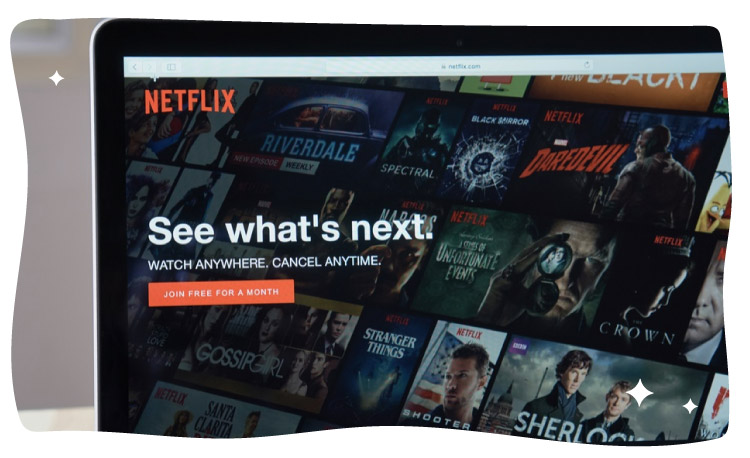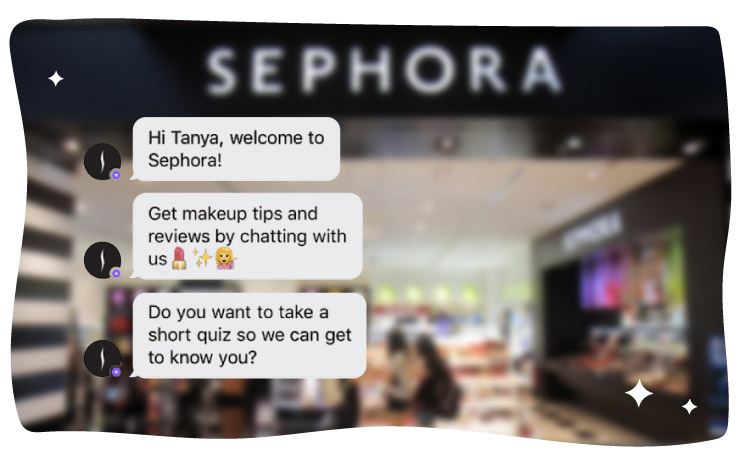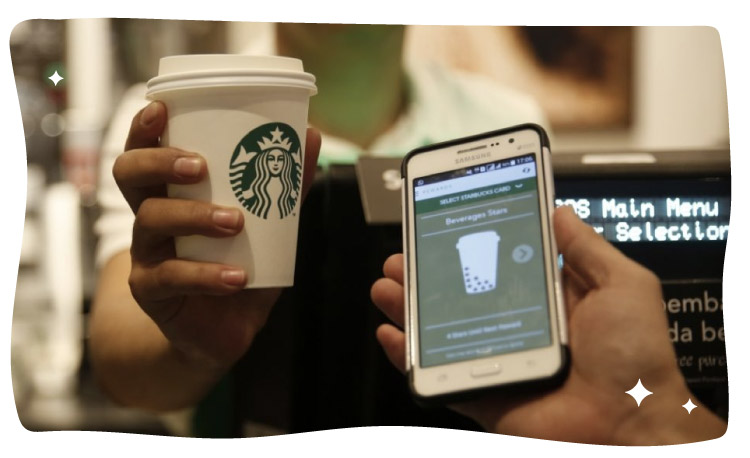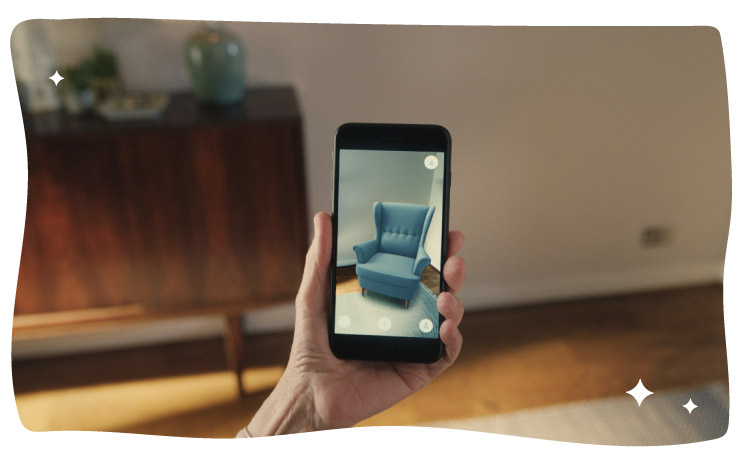2020 Digital Technology trends
Share
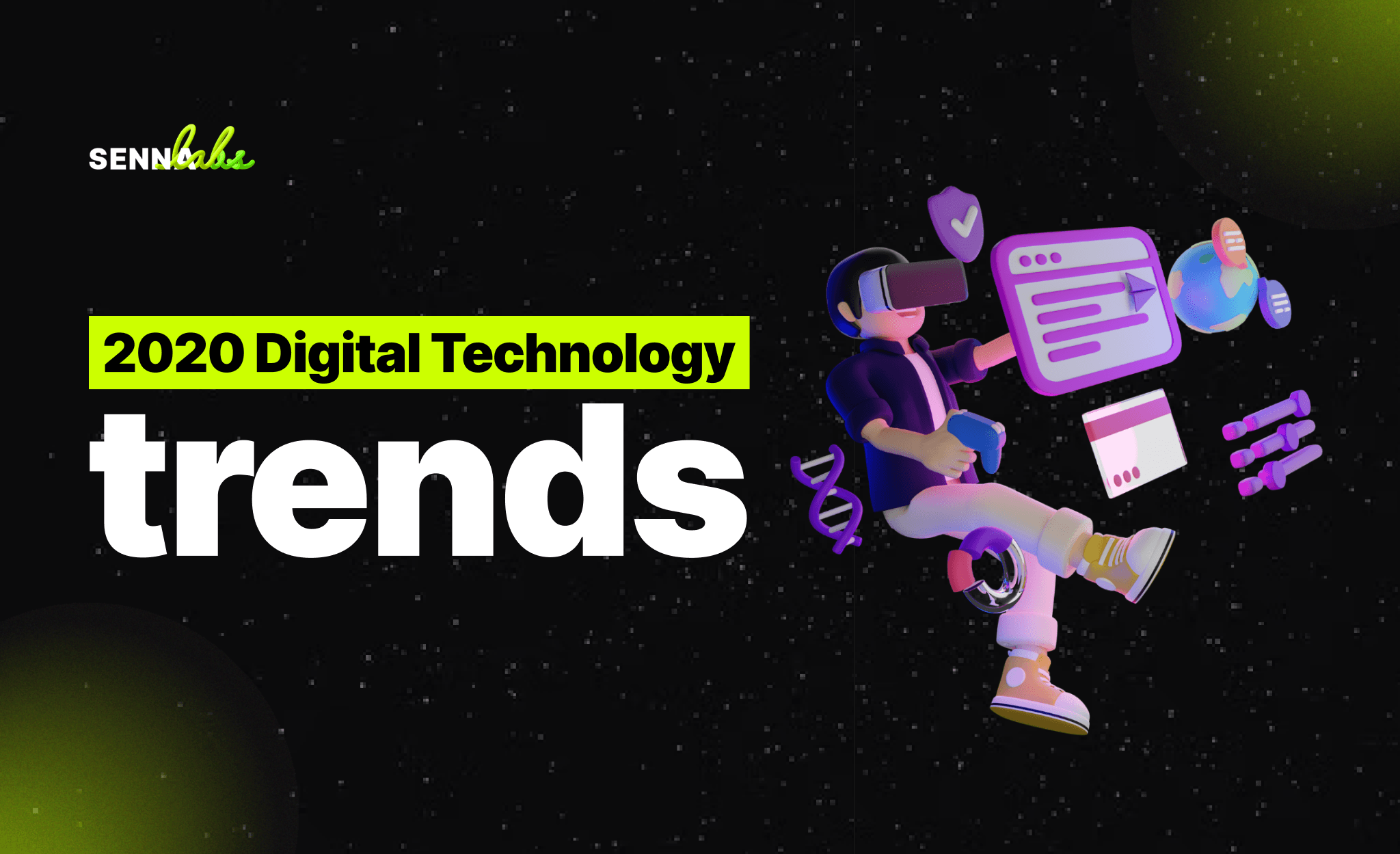
“As time passes, things change” this can be carried out in many perspectives, including consumer behavior, technological advancement, and way of thinking for businesses. Nowadays, consumer behavior is influenced by various internet-enabled platforms; therefore, technology has literally played a major role in their life.
Here are 4 digital transformation trends that the business owners can apply to their business to enhance customer experience and influence customer needs.
Artificial intelligence for customer experience
Artificial intelligence (AI) is a task performed by a program or a machine that is learned from human experience by processing large amounts of data and recognizing patterns in the data. AI systems can demonstrate the performance that is associated with human intelligence. Thus, currently, AI is implemented in such business areas as retail, banking, hr management, real estate, tourism, and so on to increase productivity with technology.
Netflix using AI technology to recommend movies based on the customer’s preference
(Photo reference: pegs.com)
Chatbots to assist stakeholders
Chatbots have become an essential part of digital marketing in 2020 and continued in the following year. This AI-based technology uses instant messaging to communicate in real-time and 24 hours with customers or site visitors. It helps reduce costs and workforce of the company while enabling them to respond to basic inquiries.
Sephora introduced chatbot messaging apps for delivering an immersive retail experience that enabled shoppers to interact and learn
Omni-channel commerce
Omni-channel retail (or omnichannel commerce) is a multichannel approach providing seamless customer experience from buying online to brick-and-mortar stores. The technology used to combine online and offline helps the business owner collect data from CRM software to improve customer experience and reach the customer's needs.
Starbucks Rewards app brings out the omnichannel experience where customers can purchase a product and collecting rewards through an online channel at the physical store.
(Photo reference: stories.starbucks.com)
Augmented reality
An interactive experience that visualizes the real-world environment is adapted by the early-adopter to support superior customer experience with innovative technology. Augmented reality can be applied to various industries, including fashion and retail, maps and tourism, interior design, etc.
IKEA AR application allows users to test IKEA's products in real-time at their own space
(Photo reference: medium.com)

Share

Keep me postedto follow product news, latest in technology, solutions, and updates
Related articles
Explore all



